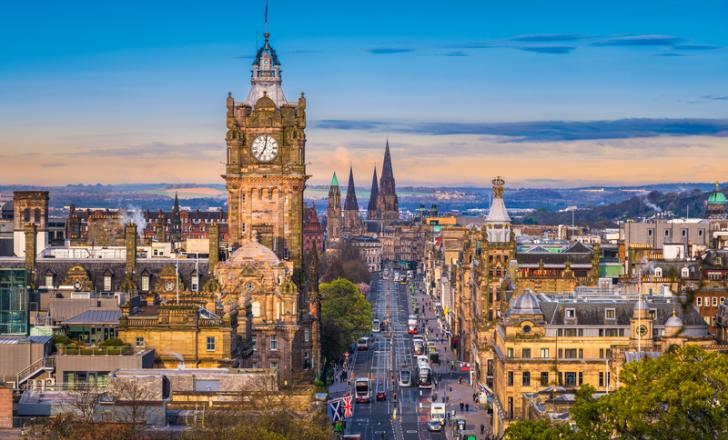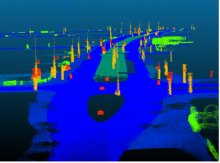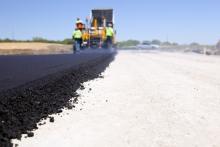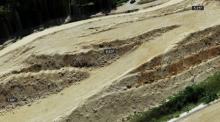
A new research hub will lead the use of digital twins in determining how transport systems can be decarbonised quickly, safely and cheaply. The TransiT Hub, led by Heriot-Watt University in Edinburgh and the University of Glasgow, is supported by a £46 million investment from the UKRI Engineering and Physical Sciences Research Council (EPSRC) and 67 partners.
Employing digital twins means real-world data can be analysed to test and improve different scenarios. The digital twin can then send back its solution for an improved process to the physical world in near real-time.
This could help motorists and reduce carbon emissions, for example through updating digital road signs with information on the shortest route out of traffic jams. It will also allow analysis of how parts of a future decarbonised transport system work, for example electric road systems and alternative fuels.
Speeding up the way new systems are tested will help to identify the lowest-cost pathways to net zero carbon emissions, such as through helping logistics companies to identify sustainable routes, vehicle types and journey times.











